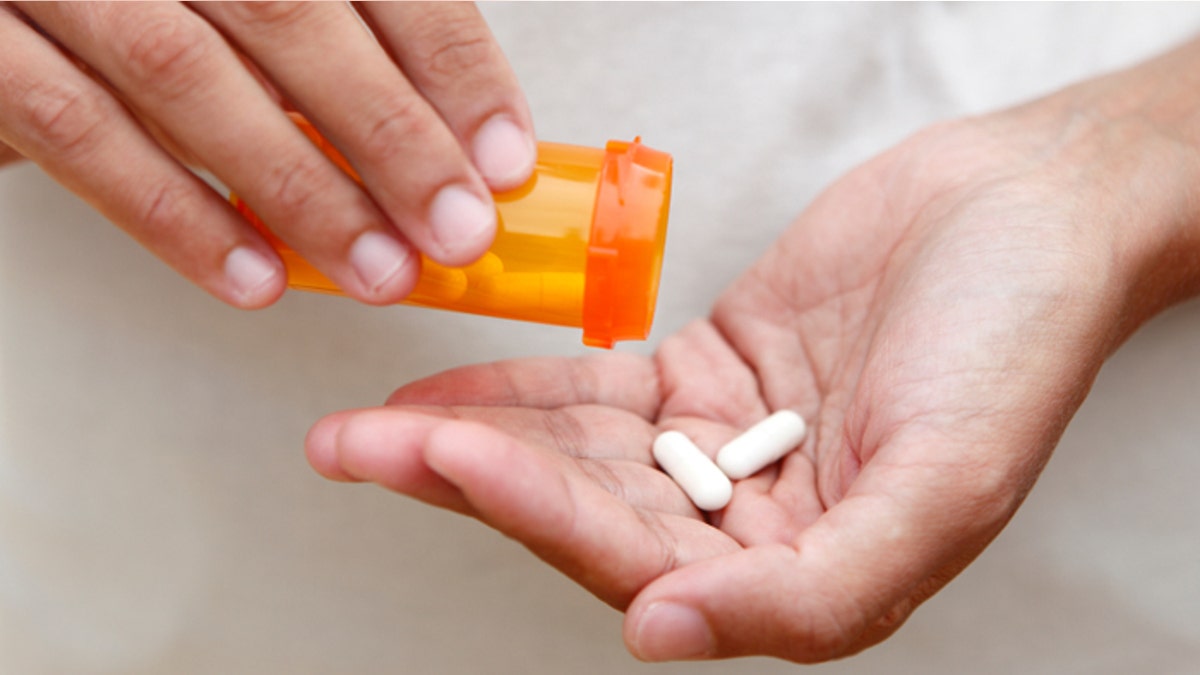
European public health campaigns have long fought the myth that antibiotics can shorten a bout of the common cold or flu with messages targeted to adults, and with mixed results.
Now, British researchers are bringing the "Take care, not antibiotics" message straight to kids.
Starting in January, 13-year-olds at the eighth-grade level in England's schools will be teaching peers and younger kids about microbes, proper hygiene and why antibiotic overuse is a bad thing. Researchers hope to implement a nation-wide program in September 2014.
"The idea is that the kids will go back home and tell their parents what they've learned," said lead researcher Donna Lecky of Public Health England in the United Kingdom.
To counter a worrisome increase in antibiotic-resistant diseases, the European Centre for Disease Prevention and Control (ECDC) in 2008 designated November 18 as European Antibiotic Awareness Day.
In 2010, 24 European Union states, plus Norway and Iceland, reported their most recent antibiotics use to the ECDC. Overall, numbers of antibiotic doses decreased or stabilized in 15 countries and increased in 11 since the last survey in 2009.
The same report stated that the most commonly prescribed antibiotics in community health clinics, not including hospitals, were drugs in the penicillin family, another category known as macrolides and tetracyclines.
EU countries participate in antibiotic resistance awareness activities leading up to November 18. Poland has produced an informative web portal targeting the general public and health workers. France has outlined a national plan through 2016.
Many countries make use of e-Bug, an online resource, where Lecky serves as an international liaison. If the peer education project is successful, "we envision making the program freely available on the e-Bug website and to local environmental health departments," Lecky said.
Teens and kids tend to listen to and trust each other, the authors wrote in a short report announcing the peer education initiative, published in the Journal of Antimicrobial Chemotherapy.
"My first reaction was: the parents need the education, not the kids," said Dr. Sandra Arnold of Le Bonheur Children's Hospital in Memphis, Tennessee. "But there are plenty of studies that show how only educating parents does not always make a difference."
Arnold is not involved with the current initiative but has studied the effectiveness of ways to prevent antibiotic overuse as a researcher in pediatric infectious diseases at the University of Tennessee Health Science Center.
"I think educating the parents through the children is novel and interesting - and it may actually work," she said.
Earlier this year, Lecky's team recruited a handful of eighth-graders from a local school in Gloucestershire to test-drive peer-to-peer teaching. Researchers collected verbal or written feedback and most of it was positive. When the official campaign launches in January, researchers will work with a budget of $19,300 and will collect more data and results.
During the small preliminary study, students "certainly did learn a lot themselves and really enjoyed teaching their peers and talking about things they had just learned," Lecky told Reuters Health.
Kids were asked to adapt information about microorganisms and antibiotics to their own style and present the information to seventh- and eighth-graders in a one-day ‘science fair' format. They also had to teach younger kids ages 6 to 11 the same information. Some students created an interactive game using models.
"These were things that I, as an adult, would not have thought to do," Lecky said.
Programs similar to e-Bug exist in South Korea, said Sang Hee Lee of Myongji University, but no peer-to-peer teaching initiatives have been started there to his knowledge.
"I agree with their decision," Lee wrote in an email to Reuters Health. "The peer education … will be more effective because children can have more creative inquiry-based activities to promote active learning."
Doctors are stewards of both patient health and the future of public health, which relies heavily on the effectiveness of antibiotics, and it's a tricky area to navigate, Lee remarked.
Arnold recounted an experience from a summer camp where she recently volunteered. A 16-year-old visited her twice with cold symptoms and asked for antibiotics, which Arnold did not prescribe.
"My biggest concern is that we are gradually running out of antibiotics to replace the ones that bacteria are becoming resistant to," Lecky said.








































